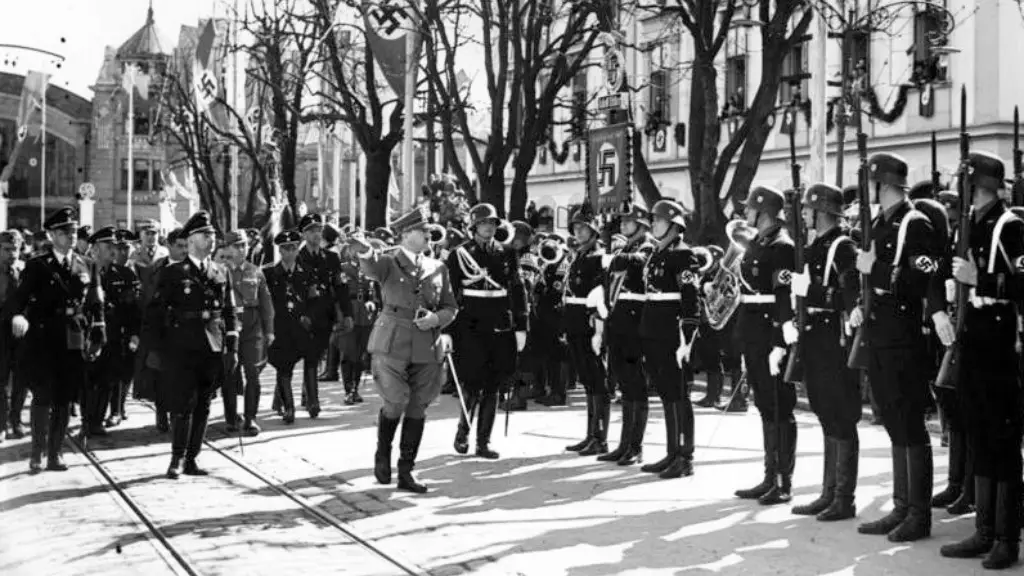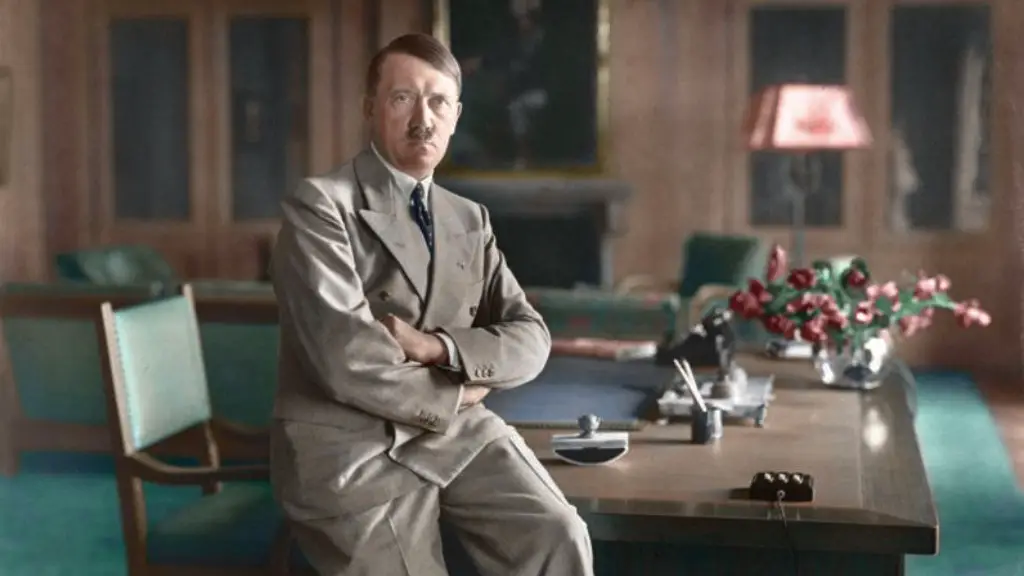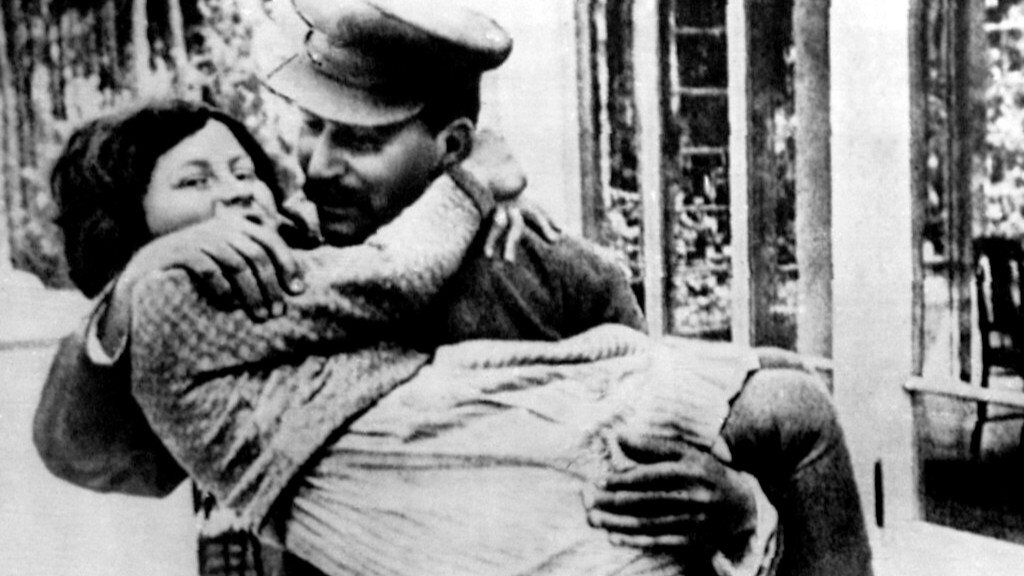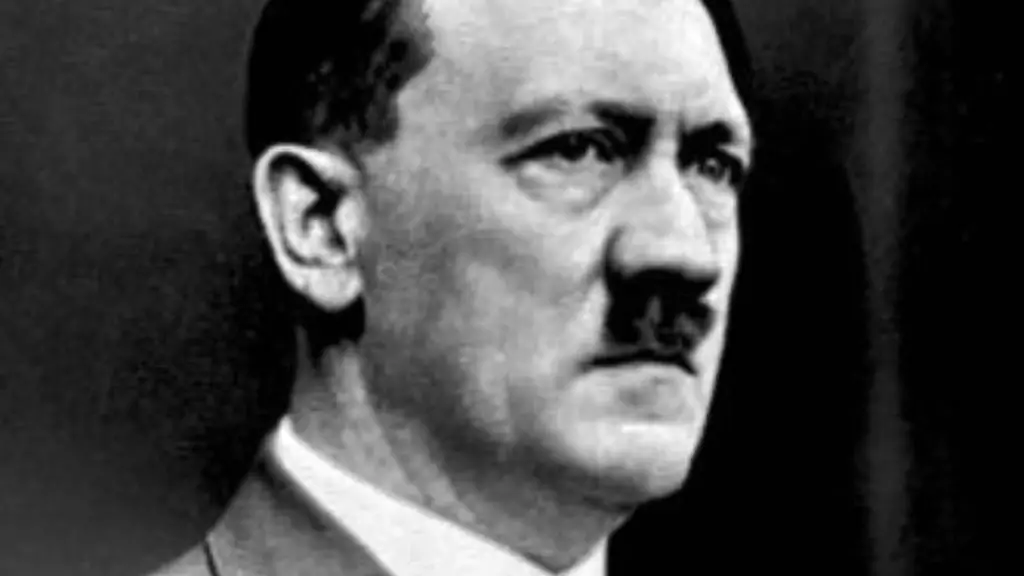Adolf Hitler and the Theatre
It is a commonly held belief that Adolf Hitler banned theatre when he rose to power in Germany. This misconception is partially true; theatre was not fully banned, but rather it became highly regulated under his reign. Hitler’s personal views on the freedom of thought and expression clashed with the opinions of many theatre practitioners, causing tension during his dictatorship.
During the 1920s when Hitler was building the Nazi party, the performing arts had already been under significant pressure from government regulation. The Weimar Republic had authorities who used censorship to repress the performing arts along with other forms of expression. This meant that the theatre of the era was generally conservative and suitable for middle-class views and prejudices.
When Hitler became chancellor, his government continued to regulate theater as they had done under the Weimar Republic. Many aspects of performance, such as staging, costumes and conduct had to be approved before shows could be performed and political content had to be avoided – only pro-Nazi works were allowed. Alongside regulations, the Nazi government encouraged a certain type of theatre. This new theatre became known as ‘Kreigstheater’ in which plays brought out teachings and values to educate the public.
Hitler believed that all ‘formal’ art should honour German culture and ideas. He was especially harsh on artistic expression that was inspired outside of Germany for fear that it would weaken his power. The Nazi party eventually created organizations to monitor all forms of theatre, including cabaret and musical performances. Hitler attempted to direct the artistic sphere, meaning those who opposed the Nazi party were not allowed to participate in the theatre industry.
Confiscation of Theatre Properties
As well as controlling the content of performances, the Nazi government also increased their control over the theatre industry by confiscating properties previously owned by Jewish individuals. Theatre companies, production houses and entertainment enterprises owned by Jews were taken away by the Nazis. Eventually, those areas of the culture were completely dominated by the Nazis.
The government began to take their control a step further by putting their own people in places of power. They put their own people in the boards of theatre organizations, enabling them to monitor artists and restrict their viewership. Nazi officials also had the ability to control what educational tools, costumes and props were available to artists.
The Nazi party also aimed to create a focus on Deutsche Kunst, or German art. To achieve this, the Nazi ministry of culture began to provide financial aid to theatre companies whose performances featured pro-Nazi elements and German literature. Independent theatre companies and artistic houses that focused on critical appraisal of society were discouraged if not closed down completely.
End of Theatre Bans and Persecution of Jews
Hitler never allowed independent theatre performances that questioned his power. Those who challenged his rule were persecuted, arrested or even sent to concentration camps. This was true for both performers and audiences. Any theatrical performances that used content that was deemed inappropriate or against the interests of the Nazi Party were shut down entirely.
Eventually, when the Nazi grip on power began to weaken, the Nazi government lifted their theatre bans in Germany. This meant that theatre performances could include works that did not blatantly support Hitler or his work. However, the era of Nazi influence was far from over. Theatre practitioners were still wary of being critical of the government and chose to focus instead on contemporary works inspired by Germany’s own culture.
This period of reconstruction gave birth to various political and artistic movements, including the so-called ‘German Theatre’ which focused on German identity and culture. The aftermath of World War II was often reflected in these performances, including reflections on the brutality of the Nazi regime and the human cost of its actions. This kind of theatre garnered a significant following in Germany and often traveled to other countries as well.
Contemporary Perspectives on Adolf Hitler’s Impact on Theatre
Today, the impact of Hitler on the German theatre industry is still being discussed and debated in academia. Some experts suggest that the Nazi government’s regulation of the theatre industry had a lasting impact on the overall quality and type of productions being performed in Germany.
The impact of censorship on people viewing theatre is also discussed. Many believe that the aim was to make people believe that theatre was a form of entertainment, rather than an expression of political thought or questioning. For many, theatre was a tool of propulsion for the Nazi message and its silence about their totalitarian regime.
It is widely accepted that the theater industry in Germany was completely changed by the Nazi government. Hitler’s legacy lives on in the type of performances that are still being written, staged and performed to this day. The regulations put in place by Hitler in 1933 are still governing the lives of German theater makers, significantly limiting the independence of performers, producers and viewers.
Attempts to Revive Pre-Nazi Theatre
Nevertheless, there have been successful attempts to revive pre-Nazi theater and bring a sense of democracy and freedom to the stage. Many of the twentieth century’s most popular writers, like Bertolt Brecht and Wolfgang Borchert, worked to bring a new kind of theatre to life, one which addressed the social issues of the era.
In recent years, there has been a rejuvenation of theatre in Germany, with a return to more classic works of literature and experimentation in different genres. Small independent companies have become more prominent in the industry, allowing for more expression and opinion within theatre performances.
Theatre makers in Germany are now challenging traditional theatrical forms and conventions in order to explore new themes and express contemporary topics. Some of these new plays focus on the experiences and stories of refugees and other people who live in the shadow of the Nazi era.
Individuals who are attempting to rewrite the history of theatre in Germany, by making it more inclusive and progressive, continue to struggle for recognition to this day. While theatre remains an integral part of German culture, the impact of Hitler’s regulations is still being felt in the lives of many individuals involved in the industry.
The Impact on the Audience
The lasting impact of Hitler’s influence on the German theatre goes beyond the performers and production companies that make up this industry. The ongoing regulations and efforts to silence elements of the population have a significant influence on the way audiences view theatre, too.
Citizens who live in Germany today find that theatre performances are often limited in their exploration of current social issues. This is due to the restrictions placed on theatre-makers who must adhere to the regulations set by the Nazi government.
The majority of the audience at contemporary theatre performances in Germany is made up of older generations who are influenced by the legacy of the Nazi regime. There is often a fear that performances that could challenge their views or values would be censored and withdrawn.
Younger audiences, who are more accustomed to a variety of theatrical works, often feel alienated and disconnected from the productions they view. They can feel unable to truly connect with the performances, as many of them do not reflect their individual lives and experiences.
Theatre and Politics
In the end, theatre serves as a reflection of society, and those producing these performances understand this. Political messages and themes have always been an important part of theatre, and in Germany, this still applies.
Many theatrical works in Germany provide critiques of current politics, while also providing a sense of hope. They make it possible to reflect on and discuss topics that might have been considered taboo in the past. Some performances also draw on the experiences of those affected by the Nazi regime, allowing them to be heard and understood in German society.
By providing an opportunity to discuss issues such as power and freedom, theatre performances often challenge the values of the Nazi era. The productions an audience views in Germany today will be influenced by these works, indicating that the Nazi’s impact on theatre is far from gone.





